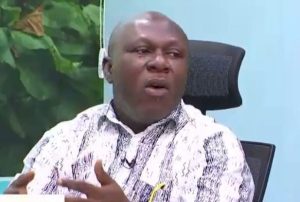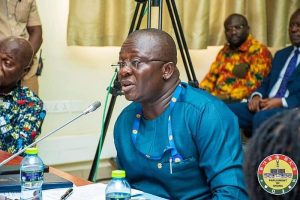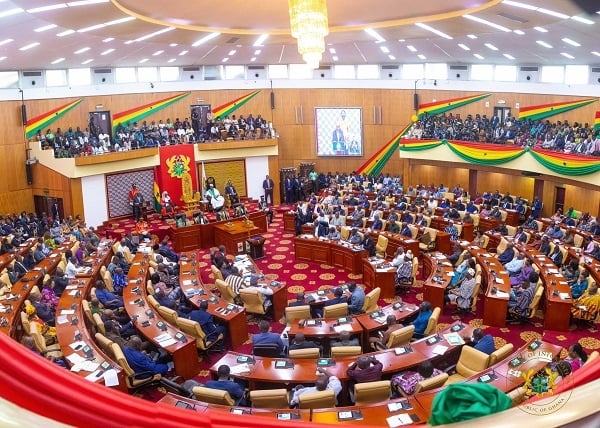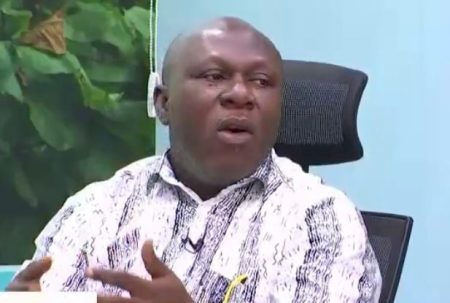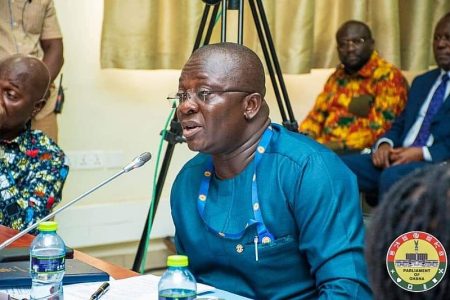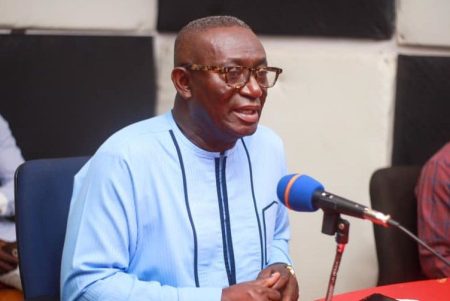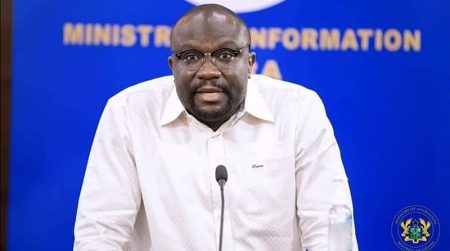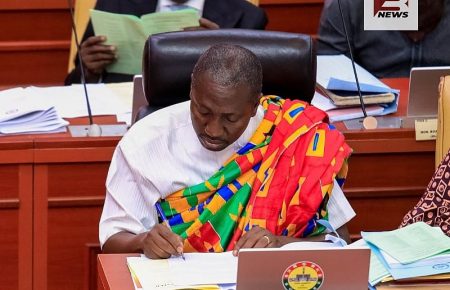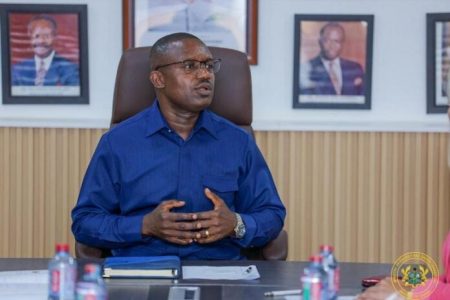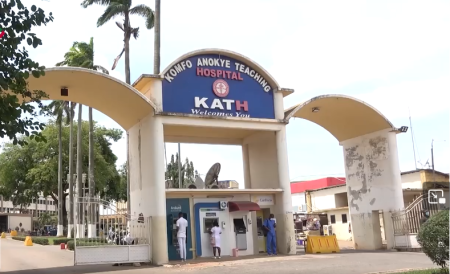Parliament is gearing up for a marathon legislative session, commencing on Monday, July 7, 2025, and extending through Saturday, July 12, 2025. This intensive schedule, announced by Majority Leader Mahama Ayariga, is designed to finalize a significant volume of legislative work, particularly focusing on the maturation of crucial Legislative Instruments (LIs) before the House adjourns. The compressed timeframe necessitates an accelerated pace, with extended daily sittings and an unprecedented number of ministerial appearances scheduled. This signals a decisive push to complete essential legislative processes before the impending adjournment. The tight schedule underscores the importance and urgency attached to these pending legislative matters.
The extended sittings will witness a flurry of activity, with 55 Ministers of State, along with the Governor of the Bank of Ghana, Dr. Johnson Pandit Asiama, slated to appear before Parliament. These appearances will provide an opportunity for Members of Parliament to pose questions to key government officials on a wide range of issues, enhancing accountability and transparency within the government. This influx of ministerial engagements reflects the Parliament’s commitment to scrutinizing government actions and ensuring public awareness of policy decisions. The extensive questioning period also suggests a strong focus on addressing pressing national concerns and holding officials accountable for their performance and decisions.
Adding to the already demanding schedule is the potential for the introduction and expedited passage of new bills within a single sitting. Majority Leader Ayariga invoked Standing Order 160, which allows for such a procedure under specific circumstances, suggesting a sense of urgency surrounding particular legislative items. This procedural maneuver reflects the Parliament’s intent to address time-sensitive issues swiftly and decisively. The ability to expedite legislation in this manner underscores the flexibility of parliamentary procedures to accommodate pressing legislative needs.
Beyond ministerial appearances and potential expedited bill processing, the week’s agenda will also include the traditional parliamentary functions of laying papers, presenting committee reports, and debating motions with consequential resolutions. This comprehensive range of activities emphasizes the multifaceted nature of parliamentary work and the need to address a variety of legislative and oversight responsibilities within the limited time frame. The inclusion of these standard procedures even within a compressed schedule demonstrates the parliament’s dedication to maintaining its regular functions alongside the urgent legislative priorities.
Amidst these scheduled proceedings, a key concern emerged from the Minority Leader, Osahen Alexander Kwamena Afenyo-Markin. He urged the Majority Leader to arrange for the Chairperson of the Electoral Commission, Madam Jean Mensa, to brief Parliament on the controversial decision to conduct a rerun of parliamentary elections in 19 polling stations within the Ablekuma North Constituency. This request highlights the sensitivity and potential political ramifications of electoral decisions and underscores the Parliament’s role in overseeing and scrutinizing the electoral process. The call for Madam Mensa’s appearance suggests a desire for greater transparency and accountability regarding the decision-making process behind the rerun.
The confluence of extended sittings, numerous ministerial appearances, potential expedited legislation, and the request for the Electoral Commission’s briefing creates an atmosphere of heightened political activity and public interest. The upcoming week in Parliament promises to be a crucial period for legislative progress and scrutiny of government actions, unfolding against the backdrop of public concern regarding electoral integrity and the broader political landscape. The packed agenda and the significant issues at stake will undoubtedly draw close attention from the public and media, setting the stage for a potentially consequential and closely watched week in Parliament. The decisions made during these sittings will likely have a significant impact on various aspects of Ghanaian society, further emphasizing the importance of these deliberations.


